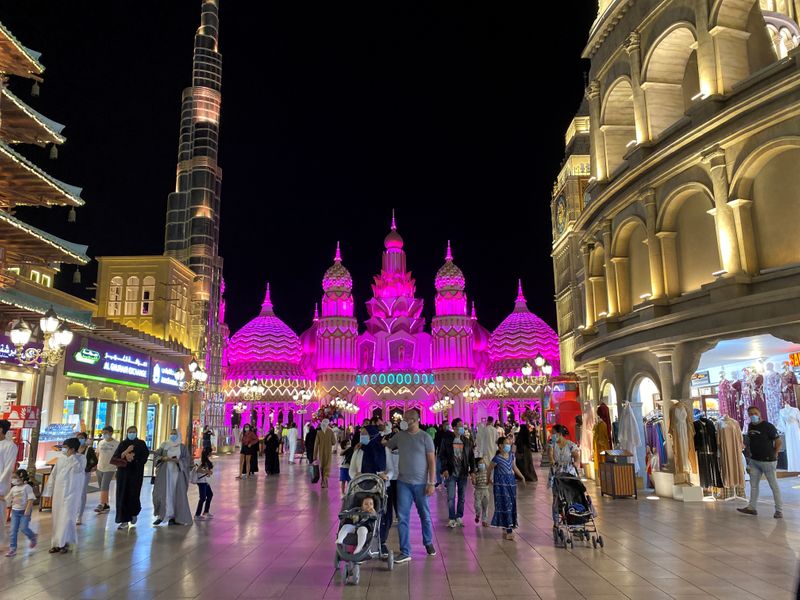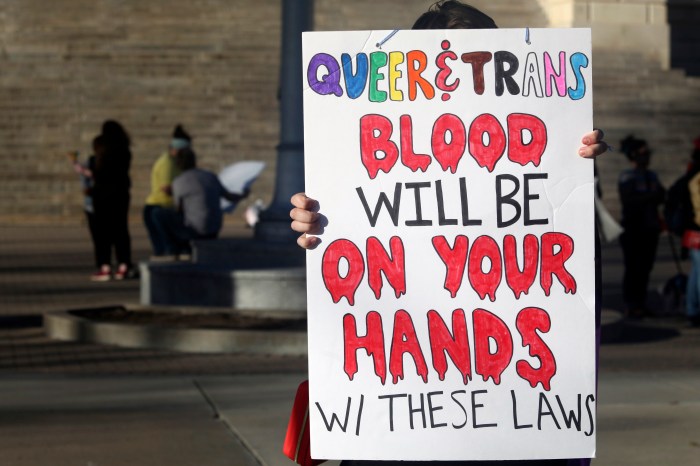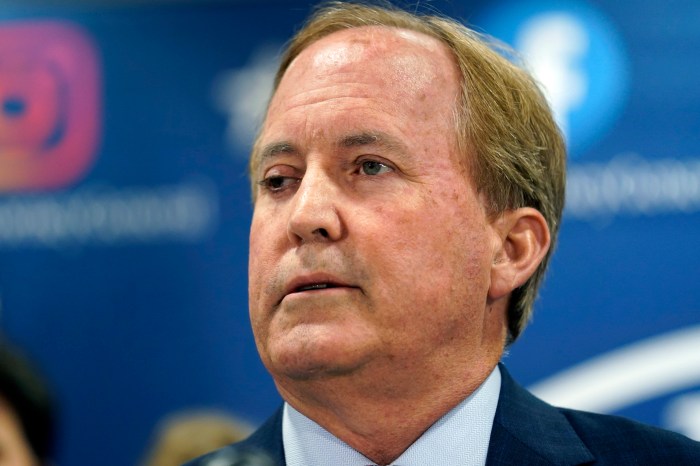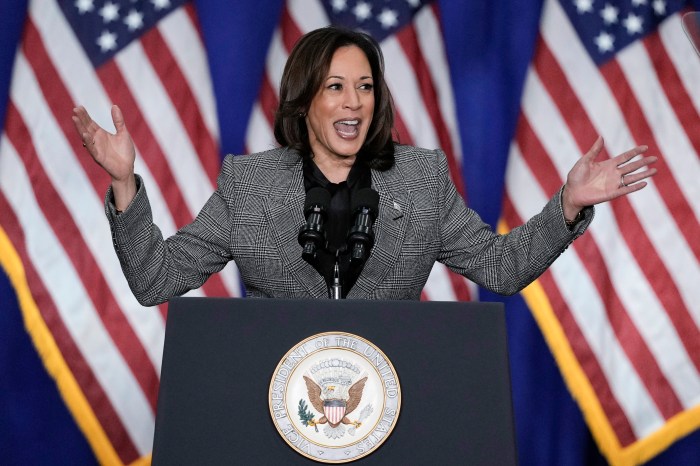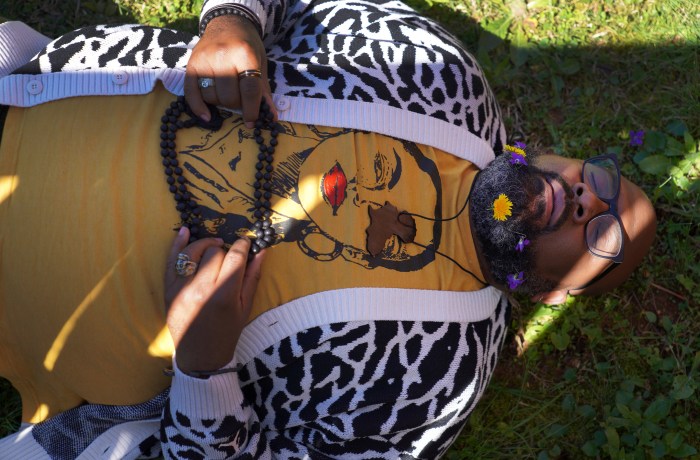DUBAI (Reuters) – The United Arab Emirates has swung open its doors to visitors betting that the blistering pace of its coronavirus vaccine rollout means it can keep infections in check while giving its economy a shot in the arm.
But strains on the strategy have started to show.
New daily cases in the Gulf state of about 9 million people tripled in the past month to about 354 per million this week, according to Oxford University’s Our World in Data research programme.
The UAE case rate is still well below Britain with 574 per million, one of Europe’s worst hit countries and now in lockdown, but far higher than its neighbours Saudi Arabia with 7 per million or Oman with 33 per million, even as the UAE boasts the second highest level of vaccinations to population on the planet.
The UAE has avoided imposing a new lockdown, while some countries in Europe and elsewhere are on a second or third wave of tough restrictions. But Dubai said on Thursday it had banned live entertainment, although bars and other venues could stay open, and was delaying non-essential surgery.
“We hope that with vaccinations picking up pace we will reach the point of full recovery in the shortest possible time,” the UAE’s de facto ruler, Abu Dhabi Crown Prince Sheikh Mohammed bin Zayed al-Nahyan, said last week.
The stakes are high for the UAE. Abu Dhabi, its capital and the richest of the seven emirates in the federation, has a huge cushion of wealth from oil reserves to help its economy cope.
But Dubai, the commercial hub, built its busy airport, towering office blocks and glitzy hotels on an open economy whose foundations have creaked under coronavirus restrictions.
‘RAISING QUESTIONS’
Amir Khan, a Dubai-based economist at Samba Financial Group, said the spike in infection rates suggested the opening up might have gone too far too fast, even though it helped the economy.
“This is rightly raising questions about the near-term sustainability of the current nascent recovery in the UAE economy and the extent to which it can remain insulated faced with a second wave which is currently unfolding at the global level,” Khan said.
The UAE authorities say it has focused on early detection and rapid intervention, helping achieve one of the lowest death rates from COVID-19. Analysts say this is helped by a relatively young population with its large number of expatriate workers.
The UAE, Dubai and Abu Dhabi media offices declined to comment for this report. The national disasters committee did not respond to an emailed request for comment.
The UAE aims to vaccinate half its population before the end of March. It had delivered doses equivalent to more than a fifth of its population by Jan. 20. Only Israel is ahead, delivering doses equivalent to a third of its population.
The Gulf state is largely relying on a COVID-19 shot developed by China’s Sinopharm. The vaccine has only been approved in a few countries amid a lack of detailed trial data.
Residents in the UAE are not obliged to take a vaccine but are strongly encouraged. Authorities lowered the minimum age to 16 and those working at government entities who choose not to have a vaccine must pay for a PCR test every week.
“People around the world are just desperate to get a vaccine and it is literally available on a platter for us,” said Ali Fehmi, a banker from Pakistan, who took a Sinopharm shot at one of the growing number of walk-in centres offering free vaccinations.
‘EVERYTHING OPEN’
Even before the vaccine rollout, parts of the UAE were swift to reopen. Visitors could travel to Dubai from July and to Abu Dhabi from December. Those arriving are given a free PCR test.
As restrictions eased, customers have returned to queuing outside popular Dubai restaurants for tables, hotels reported 71% occupancy in December, down just 10% year on year, and shopping malls are once again buzzing with people, albeit in mandatory facemasks.
The revival of the tourist trade has helped power a rally in local shares. The Dubai Financial Market General Index has risen nearly 10% so far this year and the Abu Dhabi index is 11% stronger compared to a 2% increase in the Saudi index and a near 3% rise for Qatar
“It was lovely to see everything open,” said Edward Murray, a data scientist from Britain, who prolonged his Dubai holiday as a new lockdown was announced back home, saying it was “an easy decision to extend”.
The UAE does not release location data for infections making it difficult to determine if Dubai, which relaxed COVID restrictions early on, has been the hardest hit by the recent surge.
Other countries, however, are taking notice. Britain has now scrapped a travel corridor with the UAE opened in November that exempted travellers from quarantine when they arrived in UK. The Dubai-London Heathrow route was the busiest international air route in the first week of January, aviation data firm OAG said.
(Writing by Lisa Barrington; Additional reporting by Saeed Azhar; Editing by Edmund Blair and Carmel Crimmins)

